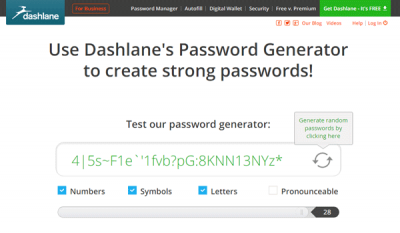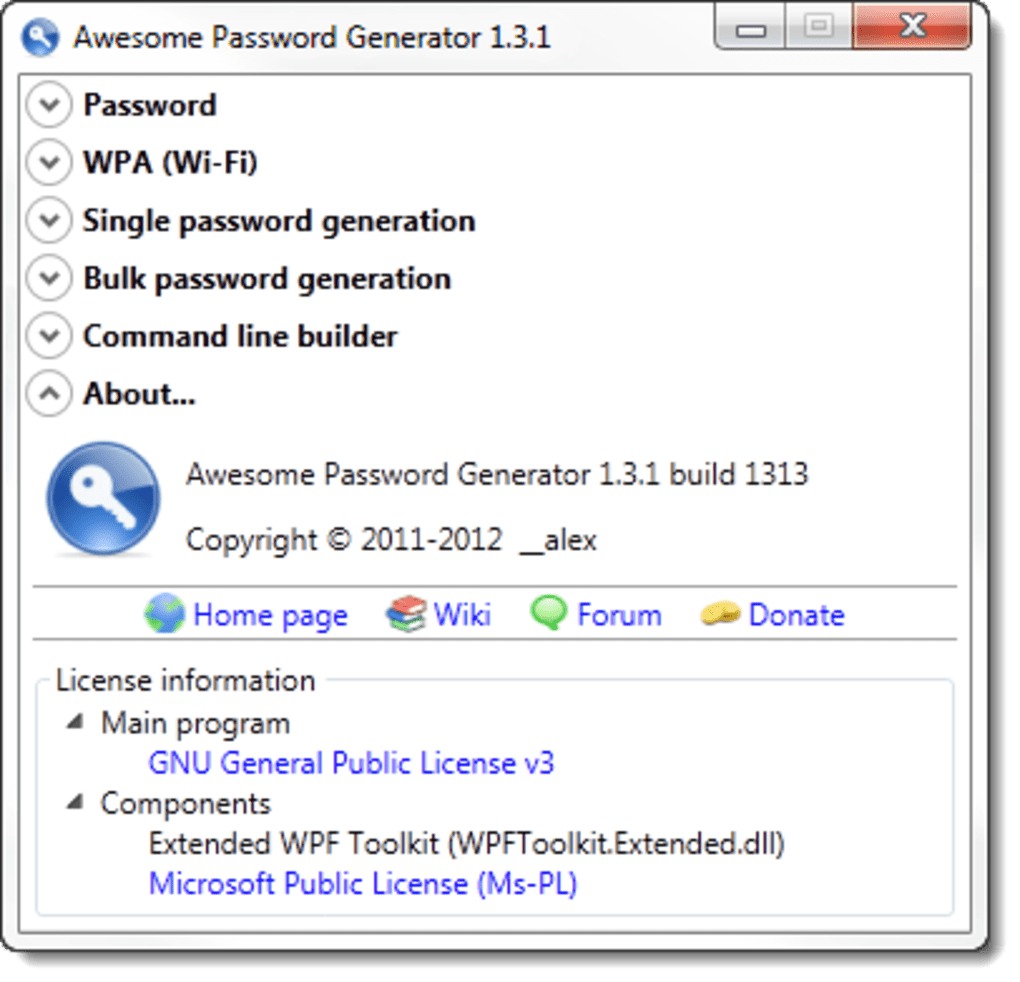

Password generator online words password#
By using Two-Factor/Multifactor Authentication, you can protect your accounts from being accessed even if your password is stolen in a data breach. Even if someone manages to obtain your password, they won't be able to access your account without the second form of authentication.ĭata breaches are becoming more and more common these days, with millions of user accounts being compromised. Using Two-Factor/Multifactor Authentication significantly increases the security of your online accounts. Why You Should Use Two-Factor/Multifactor Authentication These methods can include something you know, such as a password or PIN, something you have, such as a smartphone or token device, or something you are, such as a fingerprint or facial recognition. Two-Factor/Multifactor Authentication (MFA) is a security feature that requires users to provide two or more methods of authentication before accessing an online account. What is Two-Factor/Multifactor Authentication? Two-Factor - Multifactor Authentication (MFA)

You can create a memory rule that combines something familiar with something related to the service you use. Sentences are easier to remember then a combination of numbers, symbols and letters. Password phrases can be easier to remember if you use a unique phrase for each service you use. Remembering several such strong passwords on all the services you use, however, is a challenge. Strong passwordsĪ strong password is not in itself that difficult to create. By using good passwords on all your accounts and devices, not reusing passwords and use multi-factor authentication (MFA, two-factor) where possible, you are well on your way. We want to make it as difficult as possible for unauthorized persons to gain access to our private accounts. Security in this context is synonymous with access control. And for an amusing look at how most people actually do choose passwords, check out Your Top 20 Most Common Passwords and The science of password selection.How to protect yourself with good password routines What do you think? Is it easy to remember the other passwords generated here? Do you see some way to improve the algorithm? Is there any merit to this password selection strategy?Īs far as password management goes, I’ve personally found KeePass to be an excellent solution. Will it be just as easy to remember other four-word combinations? I think we’re more likely to remember “correct horse battery staple” for those reasons. But the strip itself is interesting, takes a lot of concentration to understand, and incorporates a visual aid. Sure, a lot of readers will probably have that phrase memorized for a while. The last panel claims that the reader has already memorized “correct horse battery staple”.

It’s hard to be convinced about every detail in the strip, but it really had me thinking.
Password generator online words code#
In any case, you can view the JavaScript source code here. This list doesn’t include “battery” or “staple”, so perhaps a better list is still possible. I scraped a list of 1949 words (close enough) from this site, which is based on the most frequent occurrences in newspapers. The xkcd strip suggests 11 “bits of entropy” per word, which can be achieved using a list of 211 = 2048 words. For example, “decimalisation contrapuntal assizes diabolism” is not particularly easy to remember, I’d say. That’s important, because the more unusual words are used, the harder the password will be to remember. Other generators have popped up online, but unlike most of those, this generator only uses common English words. In case you missed the strip, here it is: (But if you’re just signing up for a kitten video forum, you’re probably safe.) Use at your own peril! I’m not responsible for anything that happens as a result of your password choice. It’s a novel idea, but xkcd stops short of actually recommending such passwords, and so will I.


 0 kommentar(er)
0 kommentar(er)
